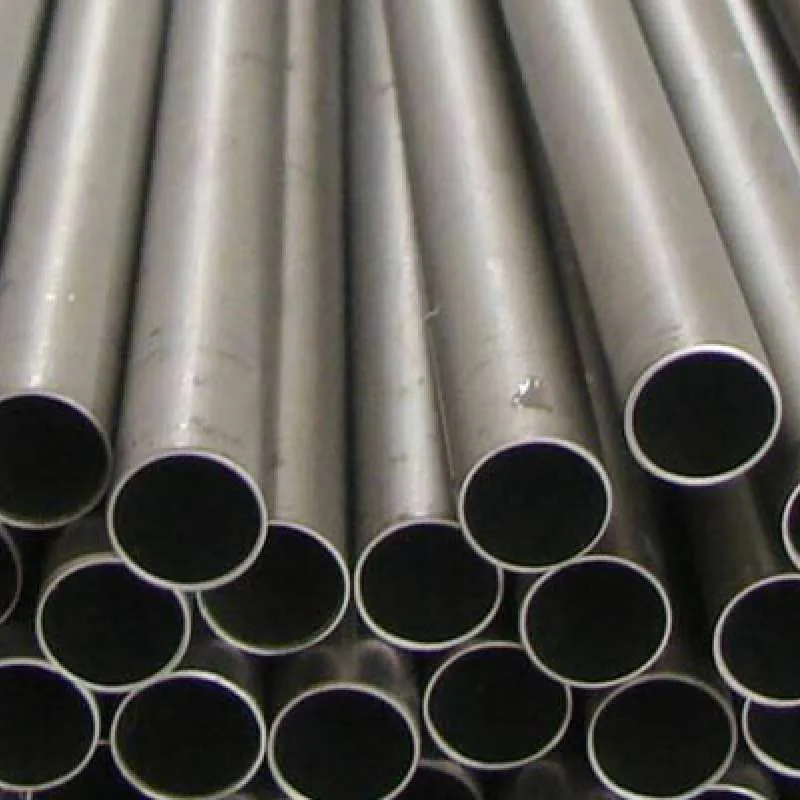-
Cangzhou Yulong Steel Co., Ltd.
-
Phone:
+86 13303177267 -
Email:
admin@ylsteelfittings.com
- English
- Arabic
- Italian
- Spanish
- Portuguese
- German
- kazakh
- Persian
- Greek
- French
- Russian
- Polish
- Thai
- Indonesian
- Vietnamese
- Zulu
- Korean
- Uzbek
- Hindi
- Serbian
- Malay
- Ukrainian
- Gujarati
- Haitian Creole
- hausa
- hawaiian
- Hebrew
- Miao
- Hungarian
- Icelandic
- igbo
- irish
- Japanese
- Javanese
- Kannada
- Khmer
- Rwandese
- Afrikaans
- Albanian
- Amharic
- Armenian
- Azerbaijani
- Basque
- Belarusian
- Bengali
- Bosnian
- Bulgarian
- Catalan
- Cebuano
- China
- China (Taiwan)
- Corsican
- Croatian
- Czech
- Danish
- Esperanto
- Estonian
- Finnish
- Frisian
- Galician
- Georgian
- Kurdish
- Kyrgyz
- Lao
- Latin
- Latvian
- Lithuanian
- Luxembourgish
- Macedonian
- Malgashi
- Malayalam
- Maltese
- Maori
- Marathi
- Mongolian
- Myanmar
- Nepali
- Norwegian
- Norwegian
- Occitan
- Pashto
- Dutch
- Punjabi
- Romanian
- Samoan
- Scottish Gaelic
- Sesotho
- Shona
- Sindhi
- Sinhala
- Slovak
- Slovenian
- Somali
- Sundanese
- Swahili
- Swedish
- Tagalog
- Tajik
- Tamil
- Tatar
- Telugu
- Turkish
- Turkmen
- Urdu
- Uighur
- Welsh
- Bantu
- Yiddish
- Yoruba

Nov . 04, 2024 14:54 Back to list
stainless steel pipe
Stainless Steel Pipe A Versatile Solution for Modern Industries
Stainless steel pipes are an integral part of various industries, known for their strength, corrosion resistance, and versatility. These pipes are manufactured from an alloy of iron, chromium, nickel, and other elements, which enhance their durability and performance under diverse conditions. The unique properties of stainless steel make it suitable for applications in sectors such as construction, plumbing, automotive, and food processing.
One of the most significant advantages of stainless steel pipes is their resistance to corrosion. Unlike traditional steel pipes, which can rust and deteriorate over time when exposed to moisture, stainless steel pipes maintain their structural integrity even in harsh environments. This characteristic is particularly important in industries that deal with chemicals and food products, as it ensures the safety and longevity of the piping system.
In construction, stainless steel pipes are often used for architectural applications such as handrails, columns, and external facades. Their aesthetic appeal, combined with the resilience against weather conditions, makes them a popular choice among architects and builders. Furthermore, the strength-to-weight ratio of stainless steel allows for lighter constructions without compromising safety and stability.
In plumbing, stainless steel pipes are favored for their hygienic properties and durability. They are less prone to scaling and pitting, which can lead to blockages and leaks in traditional metal pipes. Additionally, the smooth surface of stainless steel allows for efficient water flow and reduces the risk of bacterial growth. This quality is crucial in applications such as potable water systems, where hygiene is paramount.
stainless steel pipe

The automotive industry also benefits from the use of stainless steel pipes, particularly in exhaust systems and fuel lines. The ability of stainless steel to withstand high temperatures and corrosive environments makes it an optimal choice for these components. Moreover, the lightweight nature of stainless steel contributes to overall vehicle efficiency, helping manufacturers comply with stringent emission regulations and improve fuel economy.
In the food and beverage industry, stainless steel pipes are widely used for transporting liquids, including milk, juices, and alcoholic beverages. The non-reactive nature of stainless steel ensures that the flavors and quality of the products remain unchanged, while its easy-to-clean properties help in maintaining hygiene standards. The use of stainless steel in food processing equipment also extends to tanks, mixers, and other machinery that require sanitary conditions.
Sustainability is another aspect where stainless steel pipes shine. They are 100% recyclable, and the production process is continuously improving to reduce energy consumption and environmental impact. Choosing stainless steel pipes over other materials can contribute to a more sustainable future, aligning with global efforts to minimize waste and promote responsible resource management.
In conclusion, stainless steel pipes offer a myriad of benefits that make them indispensable in various applications. From their impressive resistance to corrosion and durability to their aesthetic appeal and sustainability, these pipes continue to be a preferred choice in many industries. As technology evolves and new innovations emerge, the role of stainless steel pipes in modern infrastructure and manufacturing is likely to grow even more significant, shaping the future of construction and industrial practices.
Latest news
-
ANSI 150P SS304 SO FLANGE
NewsFeb.14,2025
-
ASTM A333GR6 STEEL PIPE
NewsJan.20,2025
-
ANSI B16.5 WELDING NECK FLANGE
NewsJan.15,2026
-
ANSI B16.5 SLIP-ON FLANGE
NewsApr.19,2024
-
SABS 1123 FLANGE
NewsJan.15,2025
-
DIN86044 PLATE FLANGE
NewsApr.19,2024
-
DIN2527 BLIND FLANGE
NewsApr.12,2024
-
JIS B2311 Butt-Welding Fittings LR/SR 45°/90° /180°Seamless/Weld
NewsApr.23,2024











